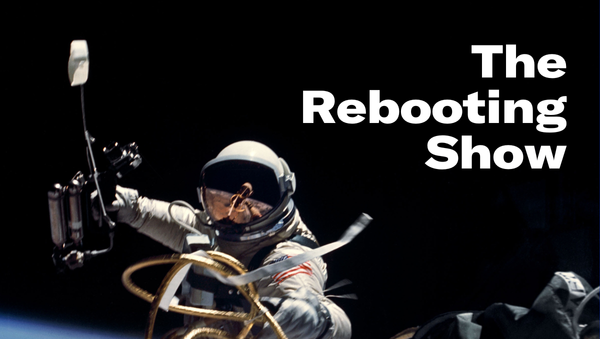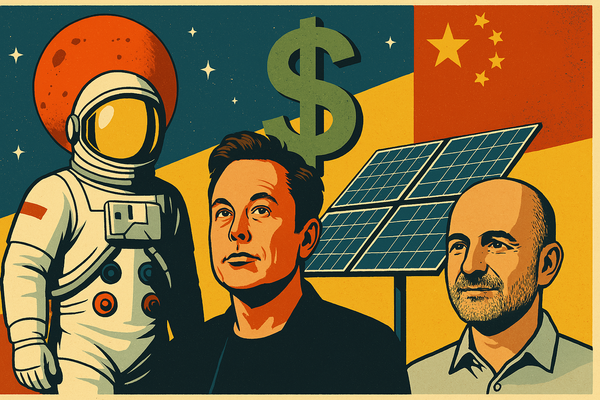Fighting the last war
The antitrust case against Google is a classic case of fighting the last war
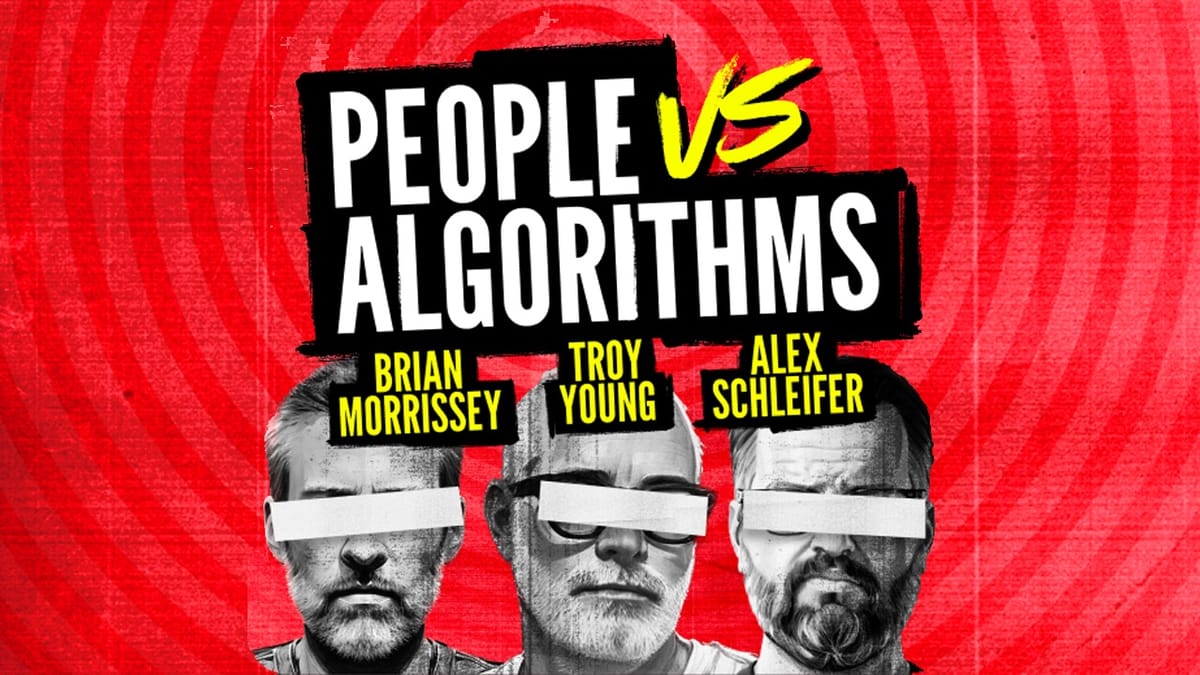
The Rebooting is conducting research into the progress and challenges news publishers see in developing sustainable business models. Early results are… somewhat optimistic. Most news publishers expect profitable growth next year. We will publish the results later this month. Take the survey. Thanks to Outbrain for partnering on this project.
Today, some of my takeaways from the Google antitrust trial so far, AirMail for sale, content and commerce struggles, Puck at three and Semafor at two, and other talking points for this week's episode of People vs Algorithms. We have switched publishing to Fridays – and you can now soak it all in on YouTube, even though I'm still dubious about video podcasts.

Rebaking the cookie
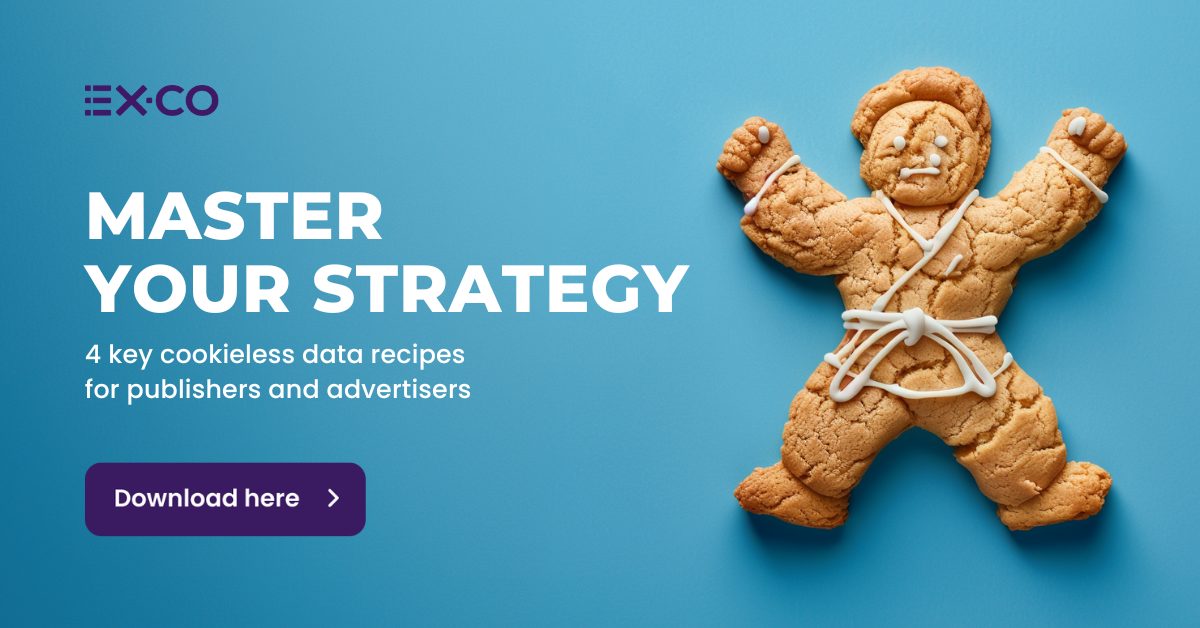
Yes, Google announced they will keep cookies in Chrome for now, but they are still encouraging the development of privacy-preserving alternatives. Therefore, the industry must continue working towards a cookieless future. EX.CO’s new industry guide offers actionable strategies for privacy-safe online advertising that can be implemented today. You’ll also gain first-hand advice from leading experts on how to navigate targeting without cookies.
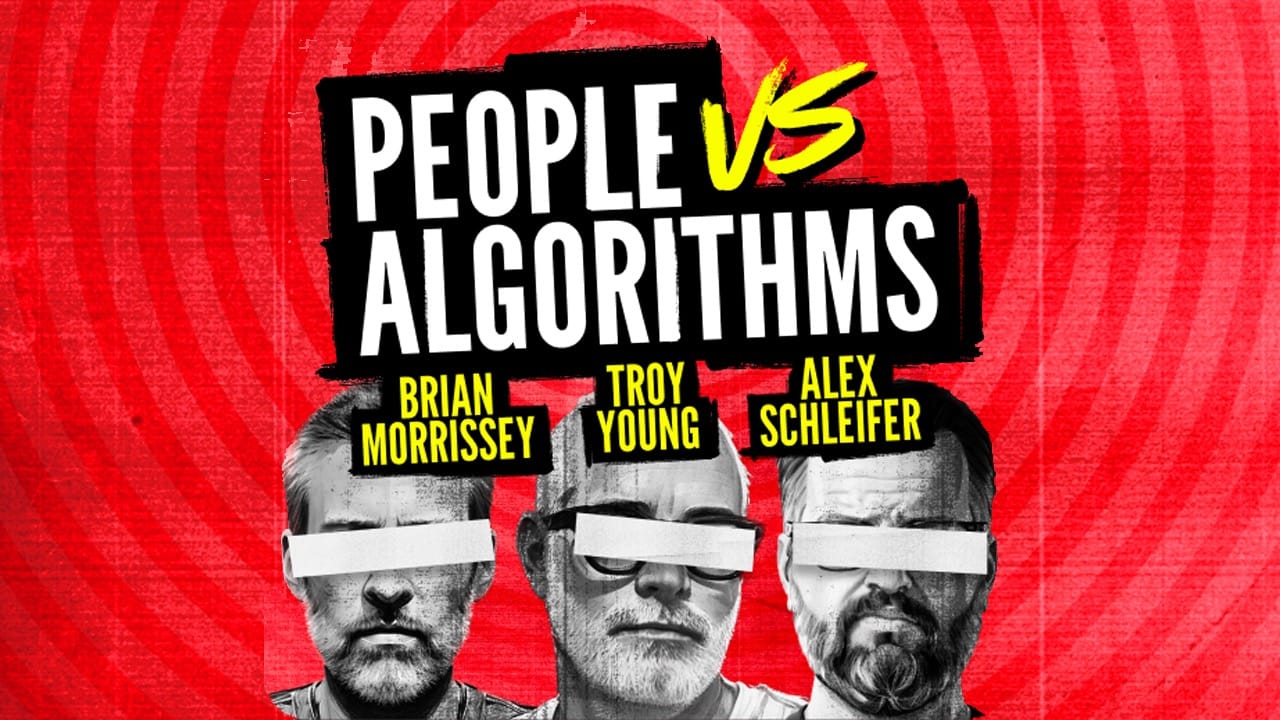
We will be discussing the end of the Google era on this week’s episode of People vs Algorithms, which will be released tomorrow on various podcast platforms and now YouTube. More on that below. Other topics:
Airmail is for sale. I still don’t understand why this type of media business would raise $32 million. Newsletters are great because they’re cheap to produce. Its retail play is a tiny boutique in the West Village. It has 34 employees. This is the kind of business that can be successful in its niche, only raising that much money to do it is from a different, less realistic era. I’ll be interested to see if it gets more than $50 million. When there are reports of a Canadian roofing company exploring an acquisition, I take that as a negative indicator.
Food52's struggles. Adweek's Mark Stenberg has a good inside look at how Food52 has experienced a rough pandemic hangover, with its revenue reportedly shrinking from $80 million in the frothy days of 2021 to $28 million expected this year. Content and commerce is like socialism: looks great on paper, very messy and nearly impossible to pull off in reality.
Blame the brands. Jack Dorsey says relying on “brand advertising” made Twitter unworkable, at least as a public company. Perhaps that’s why Elon Musk continues to take actions to make sure there is no brand advertising on X, which has now seen an 84% decline in revenue since Musk took over. I was asked by a reporter about this earlier in the week, and I repeated that there’s no path for X to become a place for big brands. This is clear in the constant ads I receive for X’s ad-free version. Nothing says a lack of confidence in your ad business like advertising the ability to escape it as a major benefit. Their ad business opportunity is direct response ads, and even there it will be small as a result of a lack of commercial intent. People in a rage about cats being barbecued are usually not in shopping mode.
Puck at 3, Semafor at 2. Puck recently celebrated its third anniversary with a nice rooftop party on the Lower East Side. Meanwhile, Semafor next month will turn two, as it expands into the Middle East with a new Gulf edition. I find the approaches of both publications worthwhile to compare and contrast as examples of the different landscape for building media businesses in this era.
Other talking points: The new web interface and what role newsletters can play to escape the aggregation trap, Yuval Hariri’s new book on why more information leads to less understanding, and some praise for the quintessential American experience of eating a chicken parm in a strip mall Italian restaurant next to a dry cleaners.
Fighting the last war
The Microsoft era, the first one at least, concluded in 1998, when the government released the video of the Bill Gates deposition. This was well before Epstein, mind you, so Gates until then was lauded as a Nerd King. His deposition showed a different side: evasive, churlish and unscrupulous.
Microsoft’s dominance was accepted as the natural order. Imagine that people lined up to buy new versions of Windows. That case, which dragged on for years, ended up marking the beginning of the end of Microsoft’s reign, as Apple made its own remarkable comeback to dominate mobile and Google went from the mythical two guys in a garage to owning search. In retrospect, the battle over browser bundling was a classic case of generals fighting the last war.
Something similar is happening to Google now. Fresh off a bruising antitrust trial over its monopoly in search, Google is now on trial in Virginia, accused of establishing a monopoly in ad tech that it has used to disadvantage competitors, advertisers and publishers. But does a fight over "open web advertising" make much sense in 2024?

